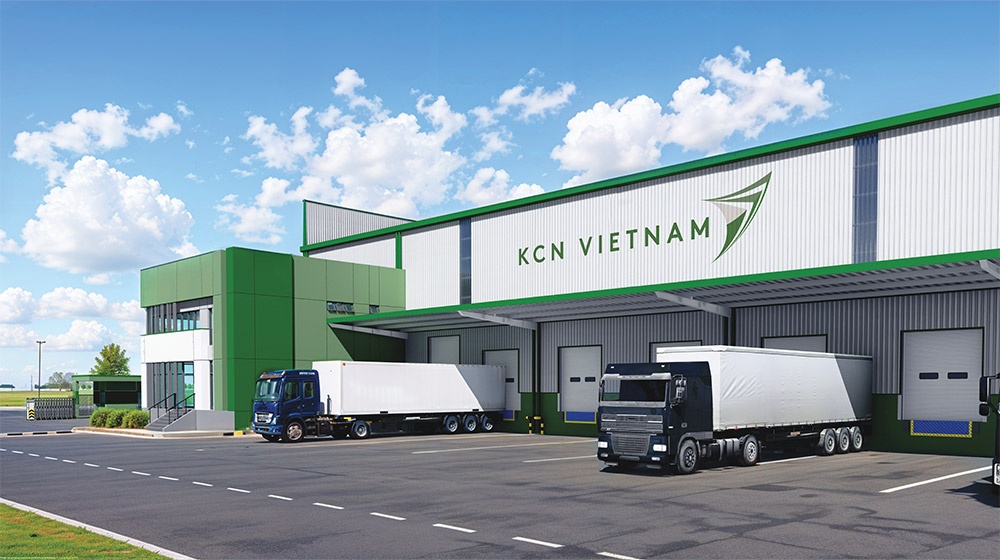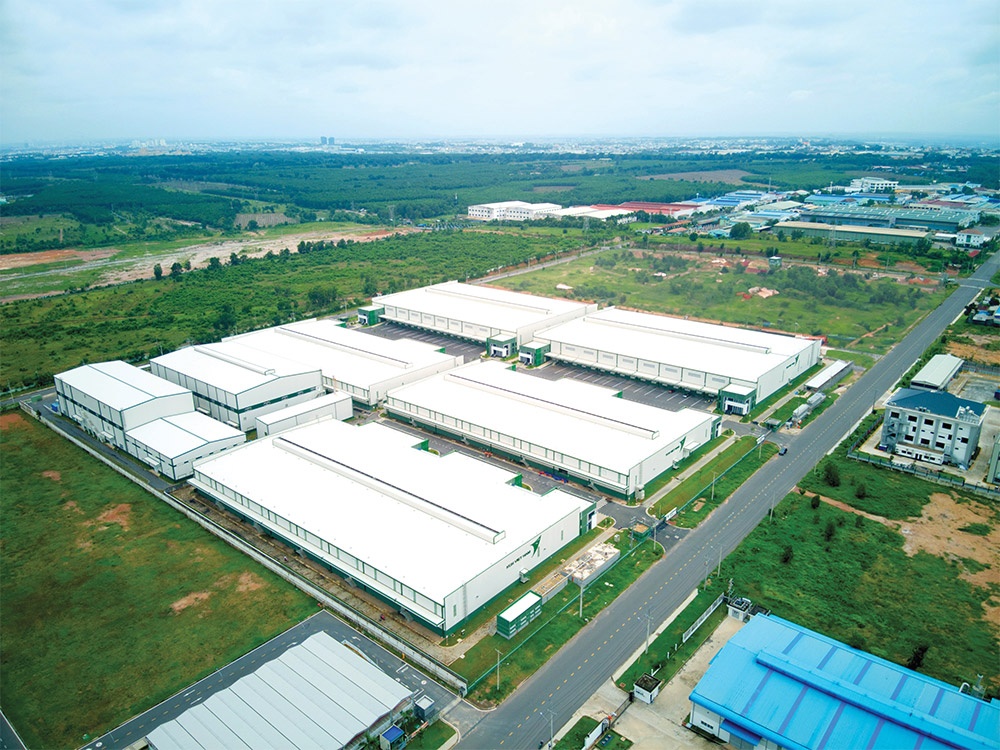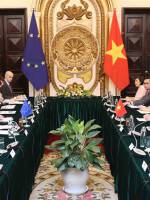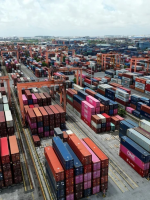
The company has established sustainable construction standards for its upcoming projects, aiming to secure green building and sustainability certifications. This commitment reflects the group’s dedication to adopting green initiatives, environmental, social, and governance principles, and supporting the National Green Growth Strategy towards 2030.
“We are committed to embedding environmental values, social principles, and strong governance into our company’s core. Meeting green certification standards presents challenges, but we are confident in our strategic partners’ experience and the long-term environmental, economic, and welfare benefits for our employees, customers, community, and national development,” said Hardy Diec, COO of KCN Vietnam.
By pursuing its green building strategy, KCN Vietnam is strengthening its position in the industrial property sector and significantly contributing to Vietnam’s sustainable development goals. The group has partnered with experienced consulting firms to ensure that upcoming projects adhere to rigorous environmental and sustainability standards.

This green initiative will also benefit client enterprises, especially those involved in foreign direct investment, by enhancing competitiveness and facilitating global supply chain integration. Additionally, applying green standards aims to optimise energy and resource use, reduce emissions, and deliver positive impacts for employees, customers, partners, investors, and the surrounding community.
The group’s first green building project is Phase 2 of its development in DEEP C Industrial Zones in the northern city of Haiphong, targeting LEED certification.
This project promises optimal energy and resource use, with potential savings of up to 25 per cent in energy and a 10 per cent reduction in water consumption, while significantly lowering carbon emissions compared to traditional projects.
KCN Vietnam has also collaborated with top experts in green building consulting throughout the design, construction, and operational phases to meet LEED’s stringent standards. By implementing these sustainable practices, the group aims to set benchmarks for environmental and sustainable development in the ready-built warehouse and factory sector, enhancing Vietnam’s industrial property competitive edge.
As Vietnam pursues its goal of net-zero emissions by 2050, the industrial property sector plays a pivotal role in advancing a green economy. Developing green industrial parks, incorporating circular economy models, cleaner production, and the efficient use of resources is becoming increasingly mainstream.
Quynh Chau




